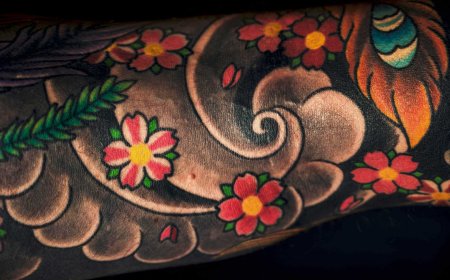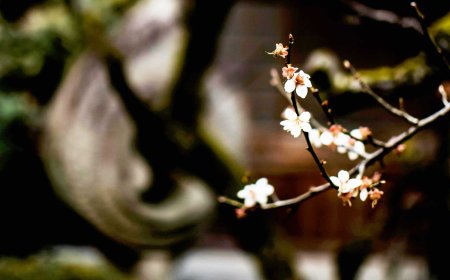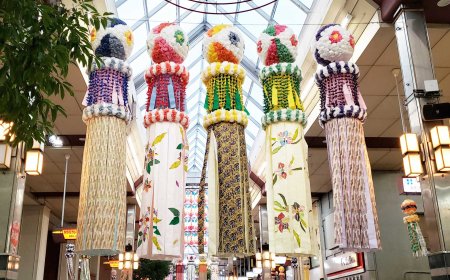Valentine's Day in Japan
Valentine's Day in Japan is celebrated with a unique twist, where women are the primary gift-givers, especially through chocolates.
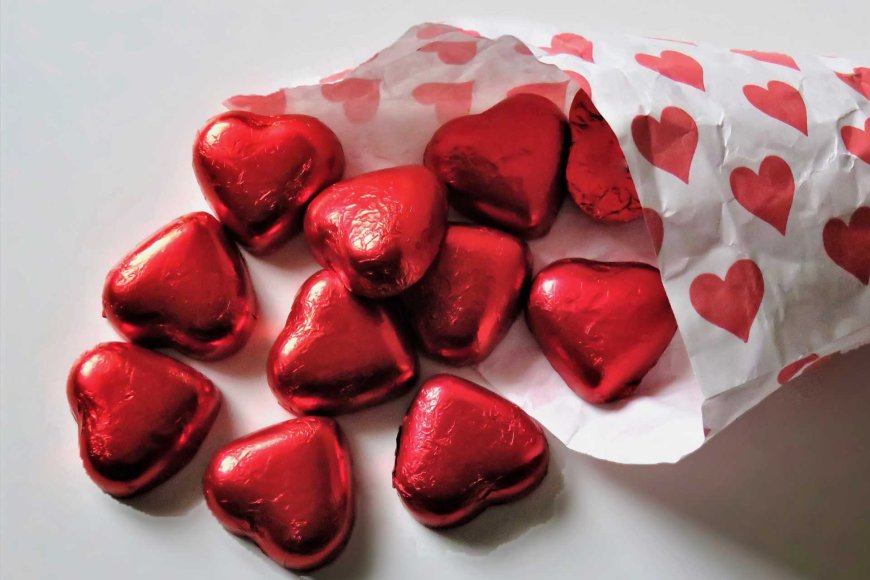
A Tradition of Love and Gift-Giving
Valentine's Day is widely celebrated across the globe, but in Japan, the day is marked with a distinct cultural twist. Unlike Western traditions, where both partners express their love by giving gifts, the celebration in Japan is a bit more complicated, with a specific set of rules about who gives and receives gifts.

The History of Valentine’s Day in Japan
Valentine's Day in Japan has evolved since it was first introduced in the 1950s. Western influence, particularly from the United States, played a crucial role in bringing this romantic holiday to Japan. However, the celebration didn’t take off in quite the same way as in the West. Initially, it was a marketing campaign launched by chocolate companies to boost sales, and this laid the foundation for the day’s present-day customs.
The holiday quickly became a commercialized event, centered around gift-giving, especially chocolates. As the tradition grew, it took on an interesting twist where women are expected to give gifts, while men are only expected to return the favor a month later.

Chocolate: The Heart of Valentine's Day
Chocolate plays a central role in Japanese Valentine's Day celebrations, but not just any kind of chocolate. There are several types of chocolate that one may receive or give on this special day, and each has its own significance.
1. Giri-choco (Obligatory Chocolate)
Giri-choco is given by women to men, typically colleagues, bosses, or friends, as a token of appreciation or courtesy. It’s not meant to signify romantic affection but rather a gesture of goodwill. These chocolates are often inexpensive and are given out of social obligation rather than genuine romantic feelings.
2. Honmei-choco (True Love Chocolate)
Honmei-choco is the real deal, given to romantic partners or crushes. This chocolate is more expensive and carefully chosen, often handmade, as it conveys genuine affection. Women typically invest more time and money in preparing honmei-choco for their significant other or someone they hope will become their partner.
3. Tomo-choco (Friend Chocolate)
In recent years, a new trend has emerged, particularly among younger generations: giving chocolates to friends. This type of gift-giving, known as tomo-choco, is more about friendship than romance. It has gained popularity as a way for women to bond with their close friends without the pressure of romantic expectations.
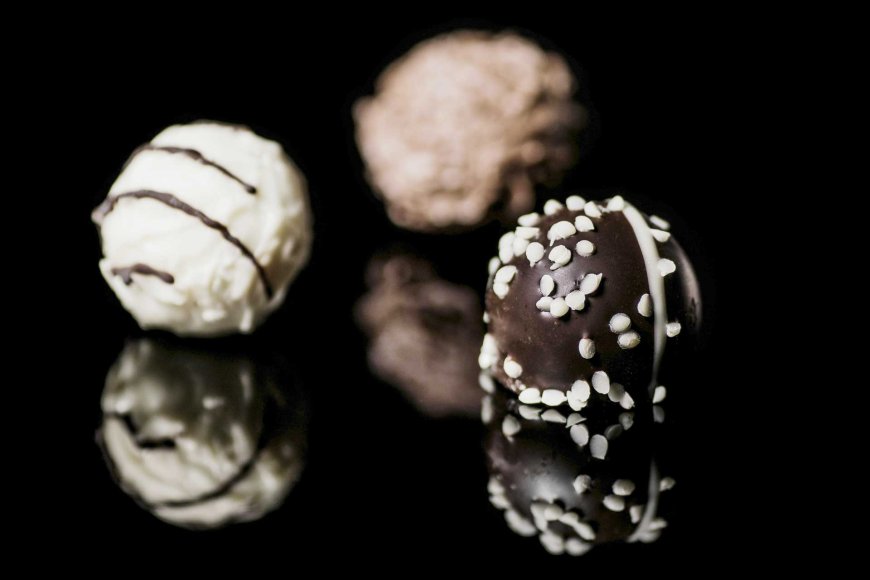
The Role of Men on White Day
Unlike the traditional Western celebration, where both partners exchange gifts on Valentine's Day, Japan has a follow-up holiday called White Day, celebrated on March 14. White Day was created in 1978 by the National Confectionery Industry Association as a way for men to reciprocate the gifts they received on Valentine's Day.
On White Day, men are expected to return the favor by giving women chocolates or other gifts, typically of greater value than the ones they received. The type of gift given often depends on the type of chocolate the woman gave him. For instance, if she gave him honmei-choco, he might give her a more elaborate and thoughtful gift. This reciprocal gift-giving helps maintain balance and fairness in the celebration.
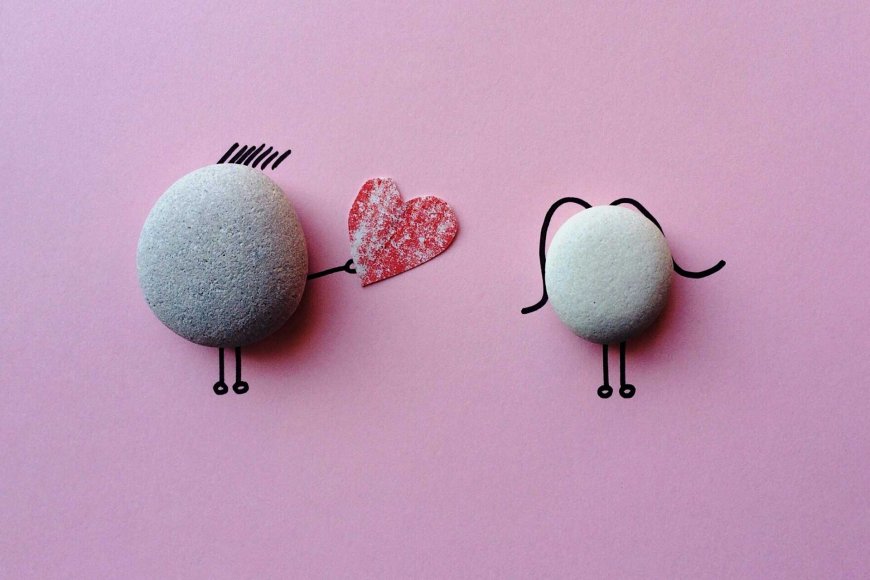
The Growing Popularity of Valentine’s Day Among Men
In recent years, there has been a shift in Japan’s Valentine’s Day traditions. While women were traditionally the primary givers of gifts, men have begun to embrace the idea of giving gifts as well. Many men now give their partners chocolates or flowers, acknowledging the growing trend of mutual expressions of love.
Additionally, with the rise of online shopping and more varied gift options, men can now more easily surprise their partners with personalized gifts, making Valentine’s Day a more two-sided celebration. This growing interest in men participating more actively in the holiday may lead to further changes in how Valentine’s Day is celebrated in the future.
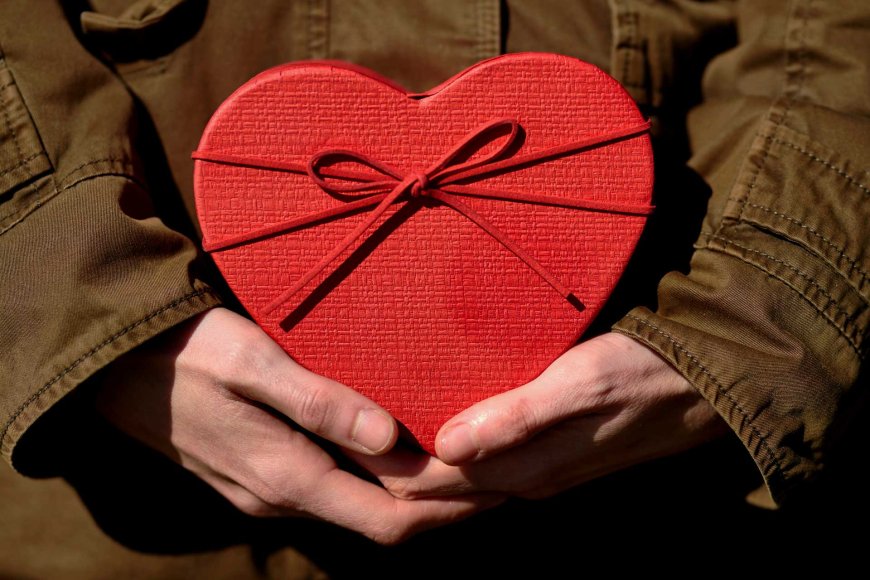
A Time for Reflection and Romance
For many in Japan, Valentine's Day is a time to reflect on love and relationships. The day encourages people to express their emotions, even if indirectly, through the act of gift-giving. While the commercial aspects of the holiday are prominent, there is still a strong emphasis on genuine emotions.
The day is also an opportunity for couples to spend time together. In cities like Tokyo, Kyoto, and Osaka, you’ll find couples flocking to romantic spots like parks, cafes, or even the top of the Tokyo Tower to enjoy the day and make lasting memories. It’s not uncommon for couples to exchange gifts in private, perhaps during a dinner or at a cozy café, making the day feel extra special.

A Unique Cultural Tradition
Valentine’s Day in Japan may differ from the way it is celebrated in other parts of the world, but that’s what makes it unique. The tradition of giving chocolates, the importance of White Day, and the growing participation of men in the celebration reflect the cultural nuances of the Japanese people.
Whether you’re in Japan or simply want to understand how Valentine’s Day is celebrated in this fascinating country, it’s clear that the day is a blend of commercialism, tradition, and heartfelt emotions. For those celebrating in Japan, be sure to choose your chocolates wisely, as they can say more than words ever could!
Nipino.com is committed to providing you with accurate and genuine content. Let us know your opinion by clicking HERE.











